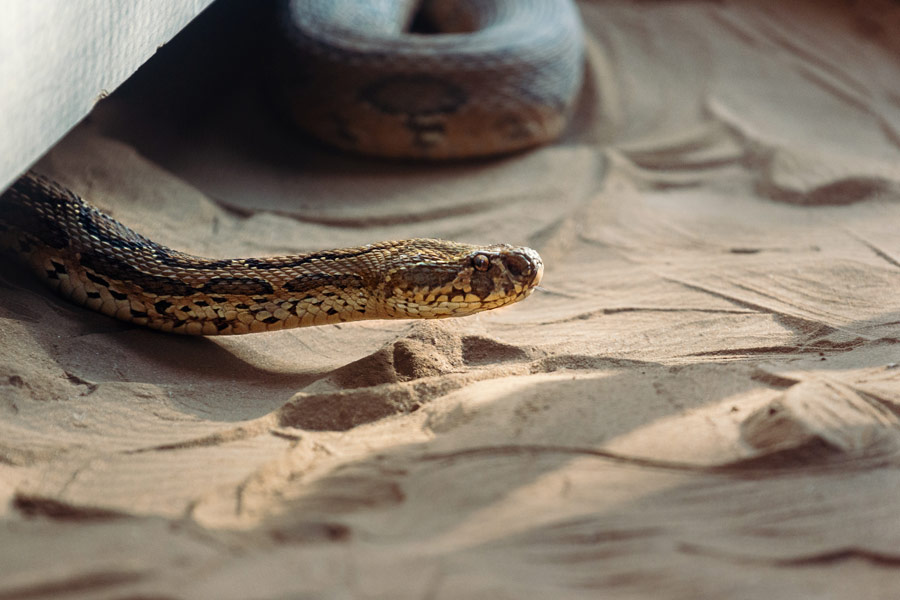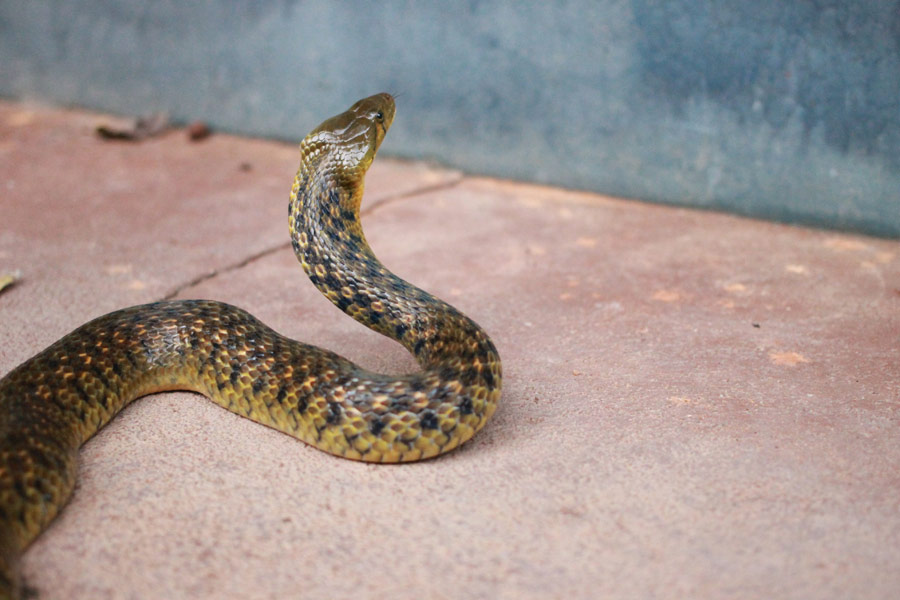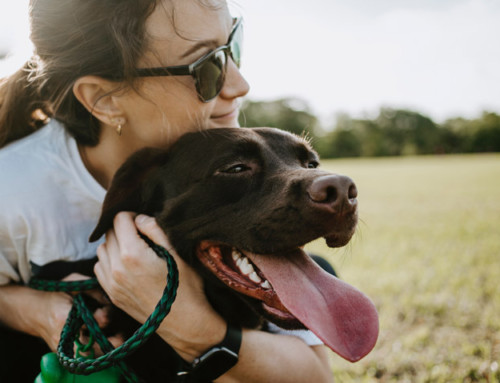Snake season is generally October to February when the weather is at its warmest. However, to help safeguard your pet from a snake bite it pays to be vigilant from September right through to March.
As with most things in life, prevention is the best cure. As such, knowing what you can do to help reduce the risk of finding a snake in your garden is important.
Here are a few common steps you can take to help prevent snakes.
- Regularly mow the lawn to keep it from getting too long
- Clean up any rubbish. It makes for a good hiding place – not just for snakes but for rats and mice too (which might attract snakes!)
- If you own chickens, try to keep their pen as clean as possible by regularly cleaning it out and adding fresh hay
- Keep wood stores away from the house
- Avoid walking your dog in long grassy areas
- Deter pets from digging under rocks or exploring holes (they might get a nasty surprise!)
- If you happen to live in a snake prone area you may want to consider a snake-proof fence
Image source: Photo by Vikas Shankarathota on Unsplash
Snake bite signs and symptoms
It’s common for pets to immediately collapse on receipt of a snake bite. However, they may then get up and start moving around. Unfortunately, this isn’t a sign that they’re fine. It’s likely their condition and health will deteriorate.
Aside from collapsing, other symptoms of a snake bite include:
- Vomiting and salivation
- Lethargy / weak limbs
- Trembling
- Collapse
- Lack of muscle control (in cats)
- Increased, rapid breathing
- Pale gums
- Labored breathing
- Paralysis
Call the vet!
Without a doubt, a snake bite is an emergency situation and fast action is required.
According to the RSPCA, the chances of a pet recovering from a snake bite are far higher (80%) if he or she is treated early. Some pets make a full recovery within 48 hours. As such, part of your responsibility as a pet parent is to contact your vet immediately (for anti-venom administration) if you suspect your cat or dog may have been bitten by a snake.
After contacting the vet you can take the following steps:
Aside from this, pet owners can be advised of the following steps:
- Keep the pet calm and quiet
- Apply a pressure bandage to the site of the snake bite to help prevent the venom from spreading to the vital organs
- Do not disinfect the wound
- Don’t use a tourniquet
- Do not try to catch the snake but identifying the type of snake (or taking a photo) can be useful for vets
- If possible, carry your pet to the car (rather than allowing it to walk)
BE AWARE: often in snake bite cases your pet may appear completely normal but their condition can very rapidly deteriorate. It pays to be on the lookout for snakes during high season and to keep a close eye on your pet.
If you do see a snake, alert your neighbours — so that they too can be vigilant.
While snake bites can be fatal, try to be reassured that, if treated early, animals can survive a bite and not have any long-term health complications.
Stay positive and remain vigilant!








Leave A Comment